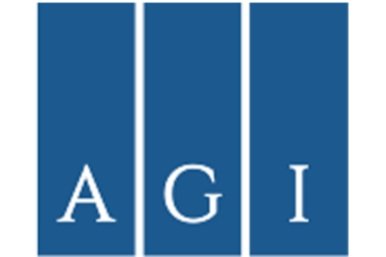New Airbnb Tax in Ontario Real Estate: What You Need to Know
If you're renting out property on platforms like Airbnb in Ontario, there’s a new ruling from the Tax Court of Canada as argued by the Canada Revenue Agency (CRA) that affects your tax obligations. The TCC has held short-term rental income to be subject to HST, treating it as business income rather than a capital gain. This change impacts individuals listing their homes or investment properties on short-term rental platforms, putting them under the same tax regulations as other businesses.
A New Tax Treatment (Yes, MORE Taxes) in North York
Under this rule, income generated from short-term rentals must be treated as active income, meaning it’s subject to HST (Harmonized Sales Tax) and calculated as personal or corporate income rather than a capital gain. Previously, many Airbnb hosts categorized their rental property sale as passive, enjoying a lower tax rate due to capital gains treatment. However, the CRA now considers it as income earned through a business, which often results in a higher tax burden.
Business Sale or Capital Gain
When real estate is sold in Canada, the tax treatment depends on whether it’s considered an "adventure in the nature of trade" or a "capital property." If a property is classified as an adventure in the nature of trade, it’s treated as business income, meaning the entire profit is fully taxable at the seller's marginal tax rate. This usually applies to properties bought with the intention of quickly reselling for a profit. On the other hand, if a property is held as capital property, it’s typically seen as an investment, and profits are taxed as capital gains, where only 50% of the gain is subject to tax.
By the Numbers Example
For example, consider a property sold for $750,000, with an initial purchase price of $500,000, generating a $250,000 profit. If this sale is treated as an adventure in the nature of trade, the full $250,000 profit would be added to the seller's income, potentially taxed at a high rate, depending on the seller’s marginal rate. For instance, at a 40% marginal rate, the tax would be $100,000.
In contrast, if the same property is treated as a capital property, only 50% of the $250,000 gain (i.e., $125,000) would be taxable. With a 40% marginal rate, the tax would then amount to $50,000. This difference underscores the importance of proper tax classification, as it can significantly impact after-tax profits.
North York Tax Lawyers
For property owners, this new rule calls for careful compliance—tracking income precisely and ensuring HST is correctly applied and remitted. The added paperwork can be a challenge, and the tax impact can reduce overall profit margins significantly. Consulting with a North York tax lawyer can be invaluable in managing these obligations effectively, especially for those unfamiliar with the complexities of business income tax.
Whether you're a new host or have been listing for years, working with a tax professional can help ensure you stay compliant with CRA regulations, minimize potential penalties, and make the most of your rental income in this changing landscape.
